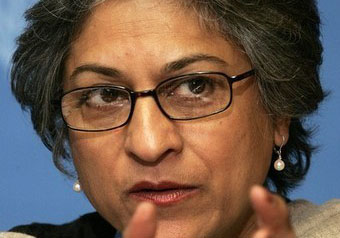
ICJ condemns parody of justice in Singapore
The ICJ stated that the Singapore leadership’s ongoing use of defamation proceedings to silence opponents seriously undermined the rule of law.

The ICJ stated that the Singapore leadership’s ongoing use of defamation proceedings to silence opponents seriously undermined the rule of law.

The ICJ’s Centre for the Independence of Judges and Lawyers reports that, since 1983, the Sri Lankan security forces have been responsible for thousands of killings.

The ICJ welcomes the decision taken by the Assembly of Heads of State and Government of the Organisation of African Unity (DAU) on 9 June 1998, to establish an African Court on Human and Peoples’ Rights.

Today, the ICJ announced that Mr. Rajeev Dhavan (India), Dr. Gustavo Gallon (Colombia), Mr. Maurice Kamto (Cameroon) and Ms Asma Jahangir (Pakistan) had been elected as members of the organization.

The ICJ found that the UN Commission on Human Rights, which ended its yearly session last Friday, continues to be marred by extreme politicization.

The ICJ welcomes that some progress has been made during the August 1997 session of the UN Preparatory Committee on the Establishment of an International Criminal Court.